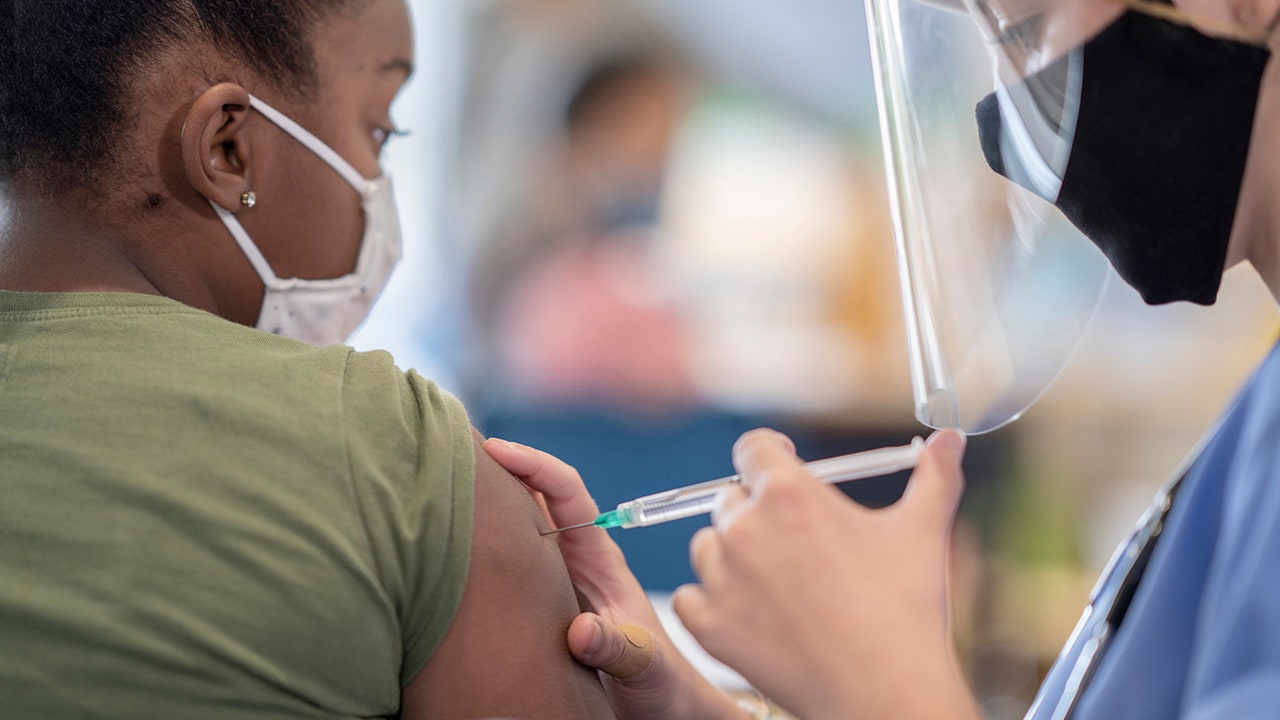[ad_1]
But Ramshaw (and anyone else who might be feeling return-to-normal anxiety) isn’t saying she wants a deadly pandemic to continue. She and others are saying that there were some aspects of a quieter, slower, and more grounded-at-home life that they’ve come to appreciate, and fear losing. I personally don’t share that experience — there is virtually nothing about pandemic life that I will miss — but I frankly envy the people who were able to use their time at home to deepen neglected relationships and work through their anxiety by living in, and appreciating, the present moment.
Plus, there were real downsides to pre-pandemic life: The reliance on schools as a substitute for universal childcare, the lack of appreciation for the folks who stock the grocery store shelves and pour your wine at the bar, the burdensome expectations of facetime in the workplace, the busyness for the sake of being busy. The pandemic also cast a harsh light on staggering inequalities faced by Americans of color, people with disabilities, working mothers, and many others. Simply going back to the way things were before Covid would not do justice to all we’ve lost and all we’ve been forced to confront.
This has been a terrible year of mass illness and death. It has also revealed, for many of us, what we value the most: Family and friends, connecting with other human beings, novel experiences. And for some people, it revealed what wasn’t working well before.
Even if you’re like me and cannot wait to be on the other side of this, transitions are difficult. In the early days of the pandemic, I had the hardest time adjusting to the loss of control and the dearth of information — the fact that I had no idea if we were looking at two weeks or two months or two years, that all of my usual mechanisms for coping with anxiety had been stripped away, and that the information was changing so often that I had no real confidence in my ability to protect myself. As the pandemic wore on, new routines were set, new social norms were established and information crystallized; I at least began to feel like I had some control over my life back, even if I wasn’t particularly enjoying life in lockdown.
But as we come out of it, we are entering a new stage of flux, with new questions about the vaccines (can you still be a carrier even if you’re vaccinated?), how we return to daily life when some people have been vaccinated and others haven’t (and you can’t tell who’s who), whether new variants will shut life back down and what our global inequality of vaccine distribution will mean for a virus that doesn’t recognize man-made borders.
Humans are pattern-seekers and pattern-creators, and throughout Covid, we’ve adapted. We are animals whose primary biological purpose is to survive, which is part of why big disruptions, even positive ones, can trigger deep primal anxiety and hypervigilance — we can be incredibly excited, and also notice that we have seemingly inexplicable tight shoulders or a stomach that feels twisted. We’re also creatures built to live in communities, and that innate need for conversation, stimulation, touch and connection has been taken away from us for a whole year. Many of us who cannot wait to widely socialize again are also worried that human interaction is a skill we’ve let atrophy.
This is an optimistic moment. But it’s also a complicated one, and good people are going to have all sorts of different reactions to it. Many of the habits and routines we fell into during lockdown are going to fall away. Sorting through what we might want to keep and what we can’t wait to discard is harder work than it seems — and often, we aren’t going to have a choice. There is light ahead, but that doesn’t mean the path is going to be an easy one. We should be more forgiving of each other, and ourselves, as we walk it.
[ad_2]
Source link



Connect with us on our socials: